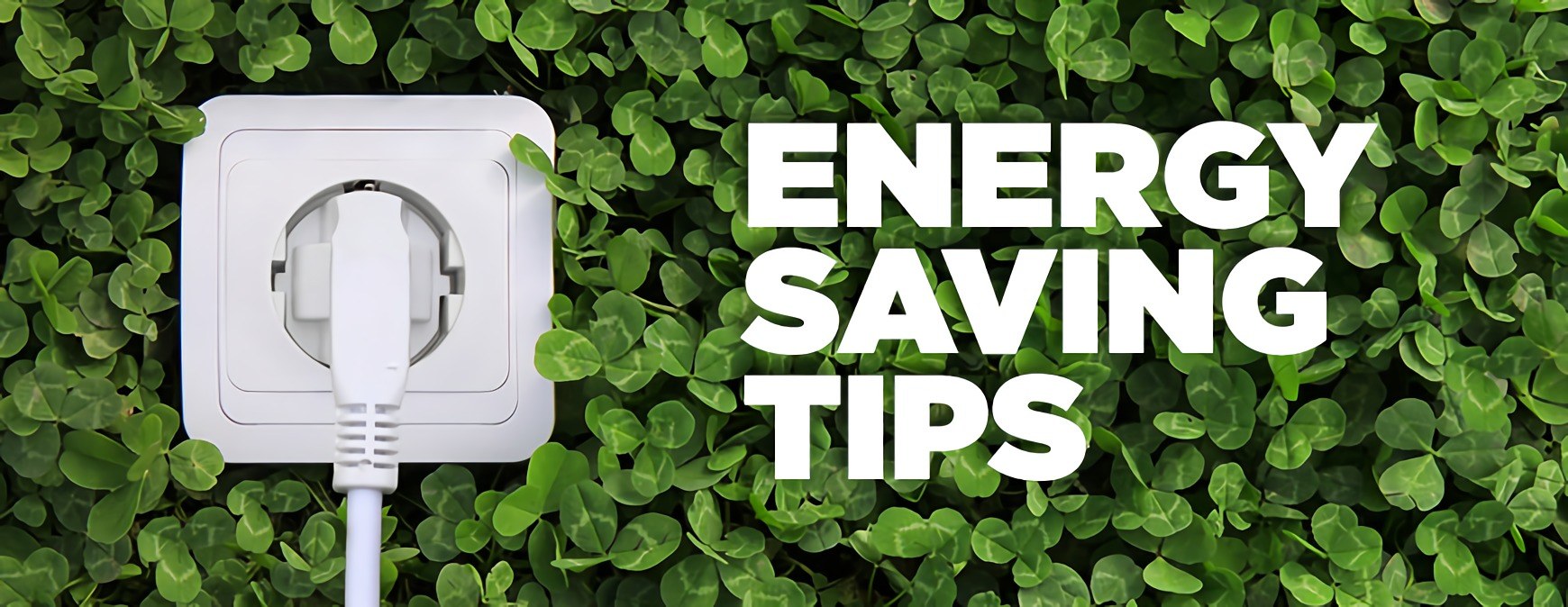RSI is a Great Training Option for Everyone
Learn more about how we can prepare you to advance your career.
We love our conveniences like air conditioning and lighting—so much so that we’re willing to spend money on them.
And we spend a lot of money on energy. The average home spends about $2,000 on energy per year. 1
Is spending so much money on energy really necessary? We don’t think so. Homeowners and business managers are often simply unaware of how much energy they are wasting, but a professional with HVAC training can help them be more energy-conscious.
Being a good, reliable HVAC professional is about more than just installing and fixing equipment—it’s also about teaching people how to be more responsible with their resources.
These energy-saving tips for heating, cooling and water also help people save money. Whether you’re just starting to learn or you’re already a technician, you should be an advocate for both.
Get Started on the Path to a New Career
Fill out our form to learn how we can help you change your life.
Heating & Cooling
Windows
In summer, the sun will creep through the windows and heat up homes. The easiest fix? Shut the blinds.
In regions where the temperature drops during the night in the summer, opening the windows and shut off the air conditioning will keep a house cool without running power. 2
In the winter, opening window blinds during the day lets sun rays in. Keeping windows closed prevents warmth from escaping.
Fans
Tell your customers to turn off ceiling fans when they leave the room. Fans cool people, not rooms, as a result of the wind chill effect they create. Another tip is to use a fan (venting to the outside) in the bathroom, kitchen and laundry room to remove heat and humidity.
Appliances
All lights, electronics and appliances should be turned off while they are not in use.
If a customer is using a power strip where you can plug in multiple devices, shutting them all off at once easy.
Computers, dishwasher, hair dryers, ovens and candles generate heat, especially on hot days. Reducing the usage of these devices and appliances also cancels out their contributions to high temperatures.
Lighting
Energy-efficient light bulbs can decrease energy consumption from 30% to 80%. Here are some common energy-efficient bulbs:
- Halogen incandescents
- Compact fluorescent lamps (CFLs)
- Light emitting diodes (LEDs)
Try to take advantage of daylight instead of artificial lighting. Daylight is also a good alternative to artificial lighting, when access to sunlight is optimal.
Sealing
Sealing air leaks and insulating the building can save up to 20% on heating and cooling expenses. These can be found anywhere on a structure, from walls to doors and windows. More sealing equals more comfort for the occupants.
Water
Washing Machines and Washers
Washing clothes with hot water, instead of hot water, is not just better for the environment the fabric of the clothes—it can also save $63 a year.
Heating water gobbles up most of the energy needed to run a washer. Some detergents are made specifically for cold water to ensure that laundry comes out just as clean as with hot water. 3
Clothes should also only be washed in big loads to cut down on water usage.
Faucets and Showerheads
Leaky faucets and showerheads waste a lot of water over time. The longer people stall to fix them, the more money goes down the drain with all that wasted water.
Leaky faucets and showerheads should be repaired as soon as possible. These are low-flow fixtures meant to help more efficiently manage water usage.
Water Heater Temperature
Water heating accounts for about 18% of all energy consumed in a home.
For the sake of saving energy, water heater temperature should be 130 to 120 degrees Fahrenheit. Wrapping a specially designed insulation blanket around the water tank can also help it retain heat.
Hot Water Pipes
Reduce heat loss by insulating hot water pipes. Insulated hot water pipes can raise the water temperature by 2 to 4 degrees Fahrenheit, compared to uninsulated pipes.
Insulated pipes also heat up the water once the faucet is turned on. The quicker the water gets hot, the less water occupants have to waste while waiting for it to heat up, thus helping conserve water. 4
These tricks for saving energy are universal for all types of buildings:
- Homes
- Businesses
- Offices
- Manufacturing facilities
Reducing energy consumption saves people money and helps the environment.
Showing people the more practical ways of taking care of their heating and cooling is integral to being a respected HVAC professional. Read our post about how homeowners can save money and energy so you can be prepared for when customers ask you these questions.
Additional Sources
1 – http://www.ase.org/resources/top-10-home-energy-efficiency-tips
2 – https://energy.gov/energysaver/spring-and-summer-energy-saving-tips
3 – http://io9.gizmodo.com/why-are-you-still-washing-your-clothes-in-warm-water-1706931003
4 – https://energy.gov/energysaver/projects/savings-project-insulate-hot-water-pipes-energy-savings
This blog has been labeled as archived as it may no longer contain the most up-to-date data. For a list of all current blog posts, please visit our blog homepage at https://www.rsi.edu/blog/




